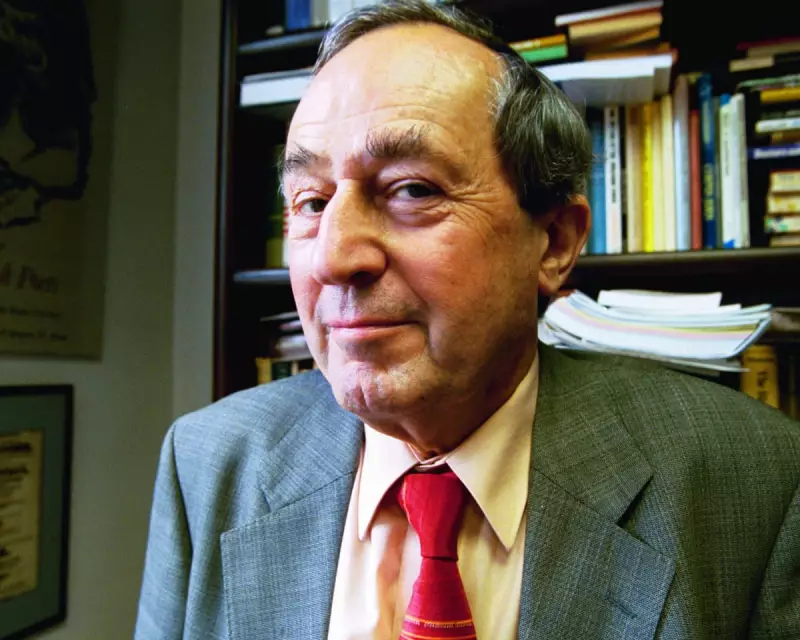
The legal world mourns the passing of Sir Geoffrey Bindman, a titan of human rights law whose principled commitment to justice helped transform Britain's approach to racial equality. He died on 4th November 2025, aged 92, leaving behind an extraordinary legacy of legal reform and human rights advocacy.
Architect of Racial Equality Legislation
It remains difficult to comprehend that before the first Race Relations Act of 1965, British establishments could legally refuse service or accommodation based on race. Sir Geoffrey dedicated his career to dismantling this systemic injustice, working as legal adviser to the Race Relations Board (1966-76) and its successor, the Commission for Racial Equality (1976-83).
Recognising the initial legislation as merely a starting point, he played a crucial role in shaping the 1968 Race Relations Act, which targeted discrimination in housing and employment. His work culminated in the landmark 1976 Act that introduced the concept of indirect discrimination - practices that disproportionately disadvantage racial groups.
From Private Eye to Pinochet: A Diverse Legal Practice
Sir Geoffrey's legal expertise attracted high-profile clients, most notably when campaigning journalist Paul Foot recruited him in 1969 to represent Private Eye magazine. He served as solicitor to the publication's fictitious owner, Lord Gnome, until 1984, navigating numerous libel cases against powerful figures.
His human rights work took him to conflict zones and authoritarian regimes worldwide during the 1970s-90s, including Uganda, Chile, South Africa, and the Soviet Union. As Amnesty International's legal adviser, he represented the organisation in the 1998 extradition proceedings against former Chilean dictator Augusto Pinochet.
Academic Contributions and Personal Legacy
Beyond his legal practice, Sir Geoffrey made significant academic contributions as a visiting professor at University College London (1990-2023) and London South Bank University from 2003. His 1972 Penguin book Race and Law, co-authored with Anthony Lester, became a foundational text in the field.
Born in Newcastle to Jewish immigrant parents, he faced early career discrimination when a law firm informed him he would never become partner because of his faith. Undeterred, he qualified as a solicitor in 1959 and married research physiologist Lynn Winton in 1961, with whom he had three children.
Sir Geoffrey's honours included a knighthood in 2007 and appointment as honorary QC in 2011. A passionate book collector and humanist, he was preceded in death by his wife Lynn and brother David earlier this year. He is survived by his children and six grandchildren.





